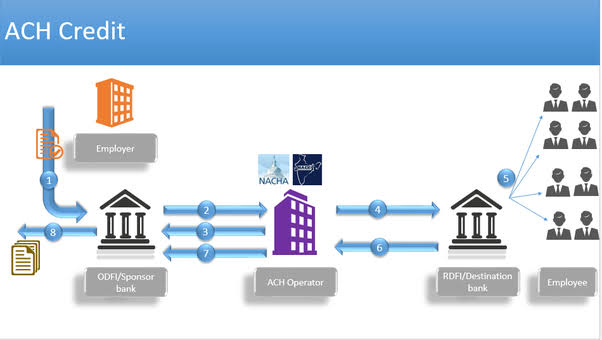What are the things to know about KYC - Banking Terms
What is KYC?
'Know Your Client' (KYC) is a process of identifying client adopted by various key industries. Read this space to know what KYC is and how does one register and comply with the procedure etc.
If you complete the cKYC process with an entity say a bank, it is sufficient for you to invest in all other financial products like insurance, mutual funds, Demat account etc., .
Why KYC?
To establish the identity of the client : This means identifying the customer and verifying his/ her identity by using reliable, independent source documents, data or information. For individuals, bank will obtain identification data to verify the identity of the customer, his address/ location and also his recent photograph. This will be done for the joint holders and mandate holders as well. For non-individuals, bank will obtain identification data to:
- verify the legal status of the legal person/ entity
- verify identity of the authorized signatories and
- verify identity of the Beneficial owners/ controllers of the account
- To ensure that sufficient information is obtained on the nature of employment/ business that the customer does / expects to undertake and the purpose of the account
Are KYC requirements need?
No, KYC requirements have always been in place and Banks have been taking KYC documents in accordance with the guidelines issued by RBI from time to time. RBI has revisited the KYC guidelines in the context of recommendations made by the Financial Action Task Force (FATF) on Anti Money Laundering standards and on Combating Financing of Terrorism and enhanced the KYC standards in line with international benchmarks
What are KYC norms?
'Know Your Client', which is commonly referred to as KYC, is a term used for the client identification process by mutual funds, banks, insurance companies, etc. In the case of mutual funds, the market regulator, the Securities and Exchange Board of India (SEBI), has prescribed certain requirements relating to KYC norms. This is in the form of verification of identity, address, providing information of financial status, occupation and other demographic information. An applicant must be KYC compliant to invest in a SEBI registered mutual fund. This rule was first initiated on February 1, 2008 and was compulsory for investors investing Rs 50,000 or more in mutual funds. However, from January 1, 2011, SEBI has made it mandatory for all mutual funds investors to be KYC compliant irrespective of the amount invested.
How to get Central KYC done?
If you are a first time mutual fund investor or planning to open a Savings Bank account or a Demat account, you need to submit below new cKYC form to your financial institution.
In case of mutual fund investments, you can also submit this new KYC form to your mutual fund distributor, or at mutual fund AMC office or any Registrar (like CAMS).
Where can investors get KYC forms and what are the documents required for KYC?
Investors can download KYC forms from websites of mutual funds, CVL and AMFI. Investors need to provide proof of identity like a PAN card copy, passport copy, driving licence copy, etc and proof of address.
Where can the KYC forms to be submitted?
The Association of Mutual Funds in India (AMFI) has facilitated a centralised platform through CDSL Ventures Ltd (CVL) to carry out the KYC procedure on behalf of all mutual funds. CVL through its points of service (PoS) will accept KYC application forms, verify documents, and provide the KYC acknowledgement across the counter on a best effort basis. The PoS list is available on the websites of mutual funds, CVL and AMFI.
How does an investor transact in mutual funds after completing the KYC process?
Once the KYC is completed, the investor needs to produce a copy of the acknowledgement while making the first investment in every folio in each mutual fund house. There is no need to repeat the KYC process for each mutual fund.
Does the KYC acknowledgement have an expiry date?
No. Once the KYC acknowledgement is obtained and informed to a mutual fund house, it will be registered against the folio and quoted in all future account statements. The same will exist in perpetuity, unless cancelled by CVL. In case, the investor needs to change the address, they needs to submit the new address proof with the KYC slip to any PoS.



Comments
Post a Comment